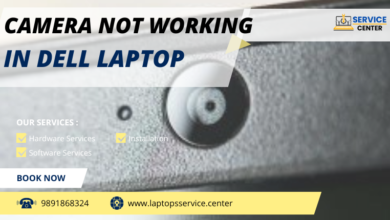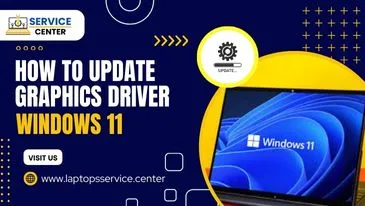What To Check When Buying A Refurbished Laptop
Refurbished Laptop Testing Checklist

When buying a refurbished laptop, it’s essential to be thorough in your inspection to ensure you’re getting a reliable and functional device. Here’s a checklist of things to consider:
Refurbished Laptop Testing Checklist
- Seller Reputation: Buy from a reputable seller or manufacturer. Check reviews and ratings from other customers to gauge their credibility.
- Warranty: Verify if the laptop comes with a warranty, and understand the warranty terms. A warranty can give you peace of mind in case any issues arise after purchase.
- Condition: Carefully inspect the laptop’s condition. Look for signs of wear, scratches, dents, or other physical damage. Ask for pictures if buying online.
- Operating System: Ensure that the laptop includes a legitimate and activated operating system. It should come with a genuine Windows or macOS license.
- Performance: Check the laptop’s specifications and ensure they match the advertised configuration. Verify the processor, RAM, storage, and graphics card.
- Battery Life: Inquire about the laptop’s battery life and health. Over time, laptop batteries degrade, so it’s important to know what to expect.
- Screen: Inspect the display for dead pixels, discoloration, or other screen defects. Ensure that the screen is free from major scratches.
- Keyboard and Touchpad: Test the keyboard and touchpad for responsiveness and any physical damage. Make sure all keys work correctly.
- Ports and Connectivity: Check that all ports and connectivity options (USB, HDMI, Wi-Fi, etc.) are functional and not damaged.
- Webcam and Microphone: Test the webcam and microphone, especially if you need these for video conferencing or recording.
- Hard Drive/SSD: If the laptop uses a traditional hard drive, check for noise and performance issues. If it has an SSD, ensure it’s in good health.
- Cooling System: Listen for loud fan noises or excessive heat, which could indicate cooling system issues.
- Software: Verify that the laptop is free from any unwanted software, viruses, or malware. Perform a factory reset if necessary.
- Upgradability: Consider whether the laptop allows for hardware upgrades, such as adding more RAM or changing the storage drive.
- Documentation: Ask for any available documentation, including manuals, original packaging, and receipts, if possible.
- Return Policy: Understand the seller’s return policy in case you encounter issues shortly after purchase.
- Price Comparison: Compare the refurbished laptop’s price with similar new models. Sometimes, new laptops with similar specs may be available for a slightly higher price.
- Certification: Some refurbished laptops come with manufacturer certifications (e.g., Certified Refurbished by Apple). These often undergo rigorous testing and may come with additional warranties.
- Customer Support: Check if the seller offers customer support or assistance in case you encounter problems with your refurbished laptop.
- Personal Data: Ensure that the laptop has been wiped clean of the previous owner’s data. Perform a factory reset if needed.
Read Also: Refurbished or Used Laptops: Making the Right Choice For You
Conclusion
Remember that the quality of refurbished laptops can vary depending on the source and the extent of refurbishment. It’s crucial to do your due diligence and, if possible, physically inspect the laptop before making a purchase. If buying online, buy from reputable sources and sellers with good return policies to mitigate risks.







